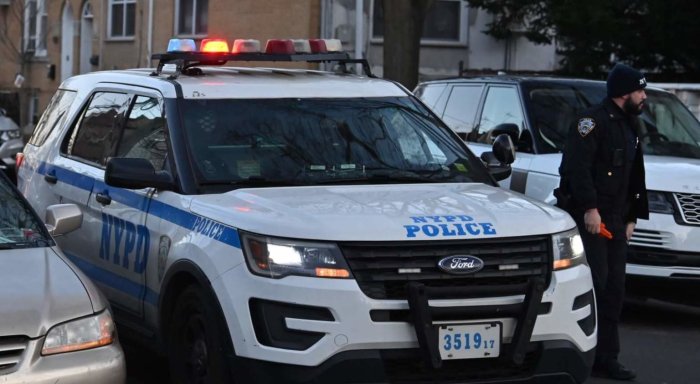“Jackie” is best understood as less of a biopic about the life of first lady Jacqueline Bouvier Kennedy than a meditation on what she meant to the nation she represented in great hope and sorrow.
That both elevates its impact beyond what a more standard approach might have achieved and serves to complicate the task facing director Pablo Larraín and star Natalie Portman, who must simultaneously present a picture of a three-dimensional human and a potent and enduring symbol, without the crux of endless exposition.
The movie takes place entirely in the week after President John F. Kennedy’s assassination on Nov. 22, 1963, with the exception of a recurring flashback to the first lady’s famous TV special tour of the White House. An interview with a reporter (Billy Crudup) serves as a framing device, but Larraín wholly rejects linearity, preferring instead to emphasize the displacement of the aftermath, the suddenness of the end.
Back at the White House, Jackie drifts through the empty halls like an apparition, with the title song from “Camelot” resounding through the home as if it were a voice from beyond, and the jarring strings of Mica Levi’s score haunt the screen. Jackie takes a drink, tries on gowns, and once more explores the lavish and symbolic surroundings that are trapped in the immediate past and are already being prepped by the Johnson family for the sudden future.
Memories of the horror in Dallas return in waves, an impressionistic nightmare filled with details both familiar (the particulars of what happened in that motorcade, Vice President Lyndon B. Johnson’s somber swearing-in as president) and not. As Jackie stands stunned in the shower, with streaks of blood rushing away, the movie effectively communicates the magnitude of this loss, in this fashion, in a way that is immediate, personal and not constrained to the annals of history.
Portman’s take on Jackie’s breathy, northeastern cadence requires an aural recalibration, but once it sinks in, her performance starts to play as both ethereal and immediate. Her first lady is strong-willed, lonely and stunned by what’s happened to her, while also coming across as larger-than-life, existing just outside the audience’s grasp. “Jackie” feels real and manufactured, and the star and filmmaker share a keen sense of how to communicate the intersection of truth and fiction that has always defined the way we’ve perceived her and other venerated figures.
The movie works best when it indulges in these ambiguities. Sometimes Larraín and screenwriter Noah Oppenheim shift off course, spelling out the internal narrative through tightly cropped, close-up conversations between Jackie and, for example, a priest (John Hurt) or Bobby Kennedy (Peter Sarsgaard), that illuminate comparatively little and play as more intrinsically earthbound than the transcendent moments in which she is quiet and alone.
To convey the magnitude of an epochal moment as it’s experienced by the woman at its center is no small ambition. That’s especially true with a subject so shrouded in myth. The picture might have been more satisfying had it aimed for easier answers, but it’d have been less true.
Larraín shows us Jackie beginning the process of sweeping up the shards of a shattered life, starting to make sense of what’s happened and the burden of safeguarding and shaping her husband’s legacy. His film deepens the general understanding of this person at this terrible time, while also keeping her truest and deepest thoughts exactly where they must be — out of our reach.
“Jackie”
Directed by Pablo Larraín | Starring Natalie Portman, Billy Crudup, Peter Sarsgaard, John Carroll Lynch | Rated R
































